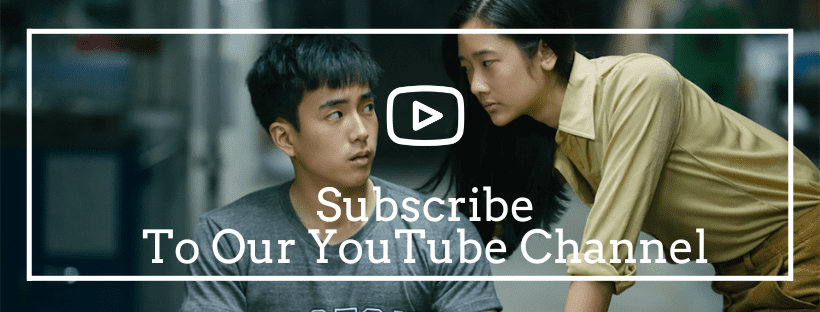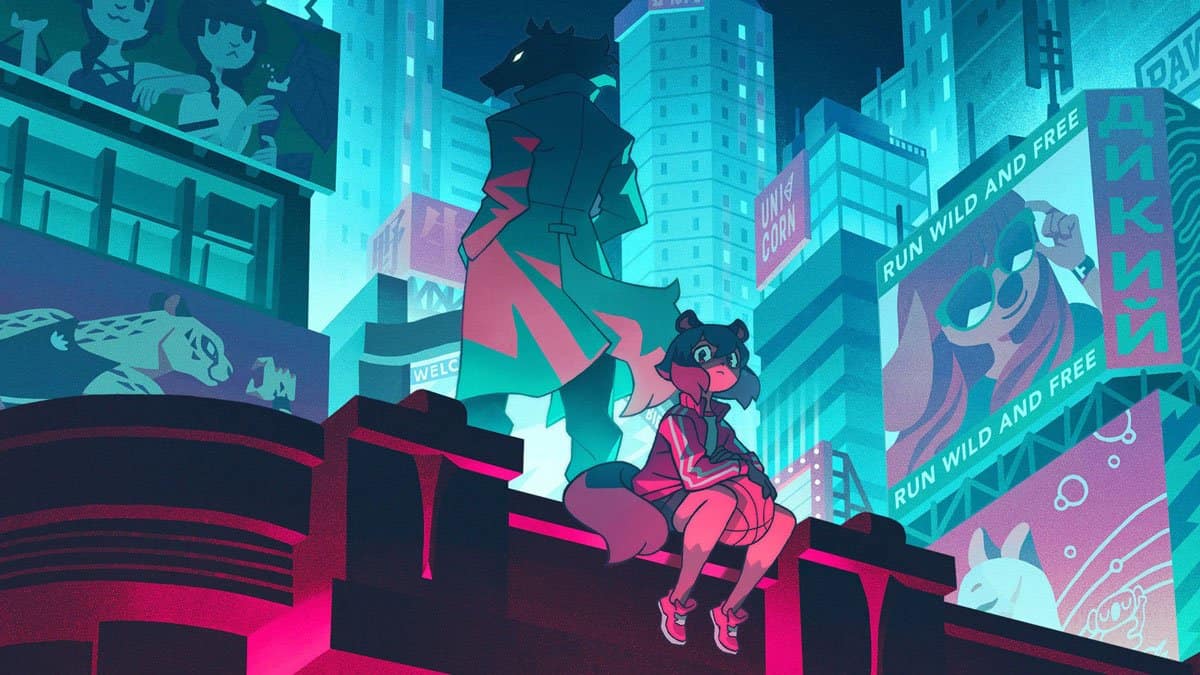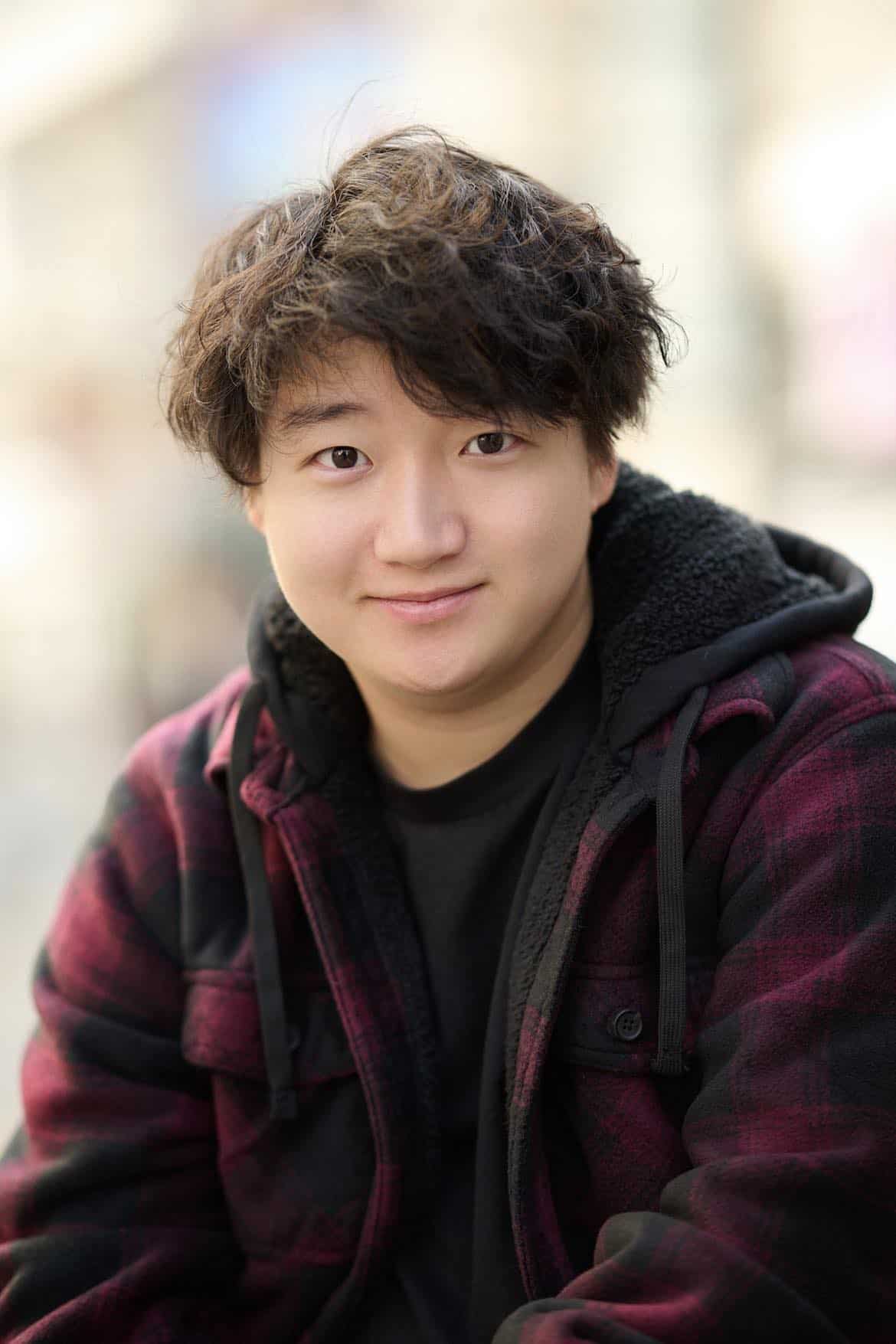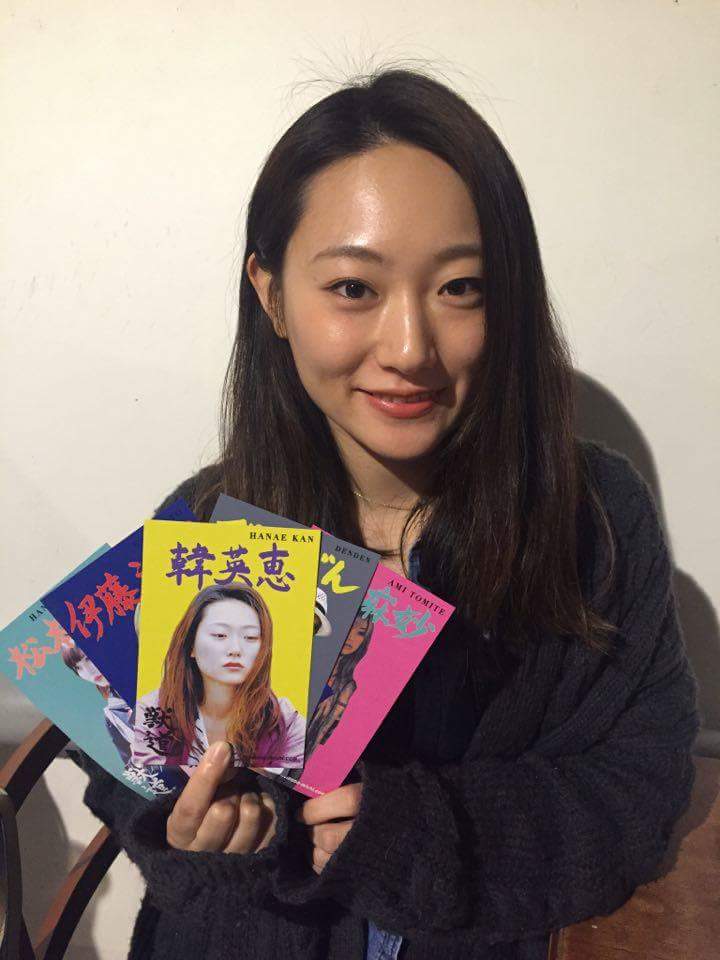LAW is an award winning director based in Brooklyn. His narrative, documentary, and commercial films have earned 19 Cannes Lions, as well as multiple Webby Awards, Vimeo Staff Picks. His first feature ‘Starring Jerry as Himself' premiered at Slamdance, winning the Grand Jury, Audience, and Best Actor Awards, and tells a deeply personal story about an immigrant's pursuit of the American Dream.
On the occasion of “Starring Jerry as Himself' screening at Thessaloniki Documentary Festival, we speak with him about the amazing story presented in the movie, Jerry and his ex-wife Cathy, about truth being stranger than fiction, and other topics.
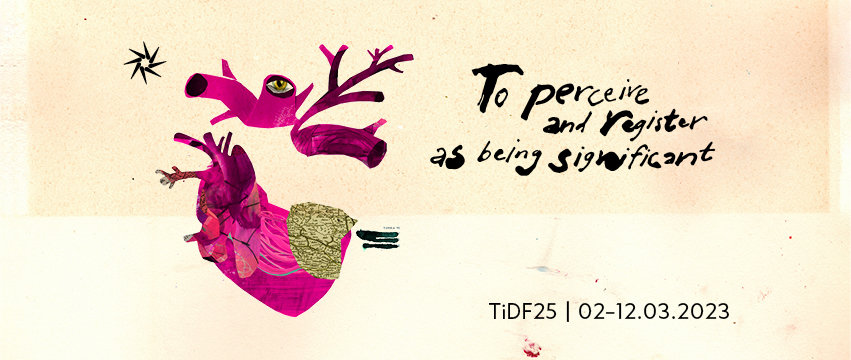
Usually I don't not like dramatization in documentaries, but you really made it work and it seems organic. Why did you choose to make it like that? And how did you manage to make it so organic?
Thank you so much. “Starring Jerry as Himself” is a kind of a hybrid genre-bending feature about an ordinary immigrant dad retired in Florida, who becomes an undercover agent for the Chinese police. The way the story began was that my producer (John Hsu, Jerry's son) called me, (we've been working together for about 10 years). He called me about a year and a half ago, and he said that something crazy had happened with hisfather. And I was like, “what could that possibly be?” And he told me, “he has become a secret spy for the Chinese police. I don't know if what he's telling me is true or not true. Can you help me find out?” So me and him, we went down to Florida. And we set up a camera and we interviewed Jerry. And Jerry tells us this crazy story about how he is an agent at an international money laundering investigation. And he's going to the banks to take photos of it. And he's wearing a wire to talk to bank tellers, while the police are listening to collect information, while, the entire time, he's keeping it secret from his family. And me, as a director, I thought, “There's a movie here”, of course. But there's also the truth here, because we're talking to the real person this has happened to. But in a movie like this, everything that has happened has already happened. We have to do recreations, to tell the story, right?
Now we're kind of making a choice of how to tell the story. If we were to go and take this and make it a scripted narrative feature, we would have to find an actor that can play Jerry. And in Hollywood, there's maybe only two to three guys that are that age that people can recognise that could play him. So we decided to ask Jerry, “how would you like to play yourself?” And he said, “Yes, only if it's a spy movie. I felt like James Bond, I felt like Jason Bourne throughout the entire process and I want the audience to feel the same way. So that's the only way that I'll do this movie.” And we thought, “ok let's make a documentary that becomes this sort of spy film”. And it was the only way to tell the story. Because that's the only way that Jerry was willing to tell his story.
Okay, so this may be a silly question. But why do all the names in his family start with J? Is that something? (laughter)
(laughter) I think so, they are all John, Jesse Joshua, Jerry. I think it's something, I think it was purposeful. It's a really fascinating family. Discovering how this family reacts and interacts based on what happened is a really interesting documentary challenge. Because for me as a filmmaker, I am thinking, am I shooting a documentary? Am I shooting fiction? I don't even know. Because we are doing recreations but we are starring the guy that this had happened to. Is it fiction? Or is it not? We are doing it in a way that is a bit of a genre and a bit of a scripted kind of format. So, part of the goal of this film was to not just tell his story, but also raise the question of what is a document, what is the truth?
Which are real people and which actors in the movie?
The entire family is real
Even Jerry's wife?
Yes. That is why we chose to premiere as a documentary. Because when we showed it to people, people get “Oh, that's really interesting casting. Why did you cast her? I don't believe that they're married. She's so different than he is”. And we're like, “No, that's his real ex wife. And that's John's real mother”. So a lot of these choices were the truth. And that's also another question, is this believable? What he did as an undercover agent? Is that believable? Is his marriage believable? Is his family believable? And the answer is, “yeah, that's all real.” We've worked with a real family to tell this story. And the only actors are the bank teller and the policemen, because we had to recreate those scenes.
Was it difficult convincing Cathy to be in it?
I was most hesitant about her being in it. And after we approached her, “Hey, do you want to be a part of Jerry's story?” she was like, “Absolutely. Let me tell you about everything”. And then she became almost the narrator of the whole film. And she was like, “I want to be a star”. So her type of personality was very easy to convince to be in this film, because she really wanted to be the voice of everything. So it was actually surprisingly not difficult to get her involved. And, you know, John working with his family, part of it is odd. Well, part of it was normal. Because John had made little home videos growing up. And Jerry and Cathy were always part of those home videos. So this, by extension, was almost like another home video for them. But then, it's also odd, because you're telling this very personal, very secretive story about this family. And, you know, especially for stuff like being an undercover secret agent. Asian families don't share what happens to them, like this. So it's a very new thing that we're doing, looking into the lives of the family like this.
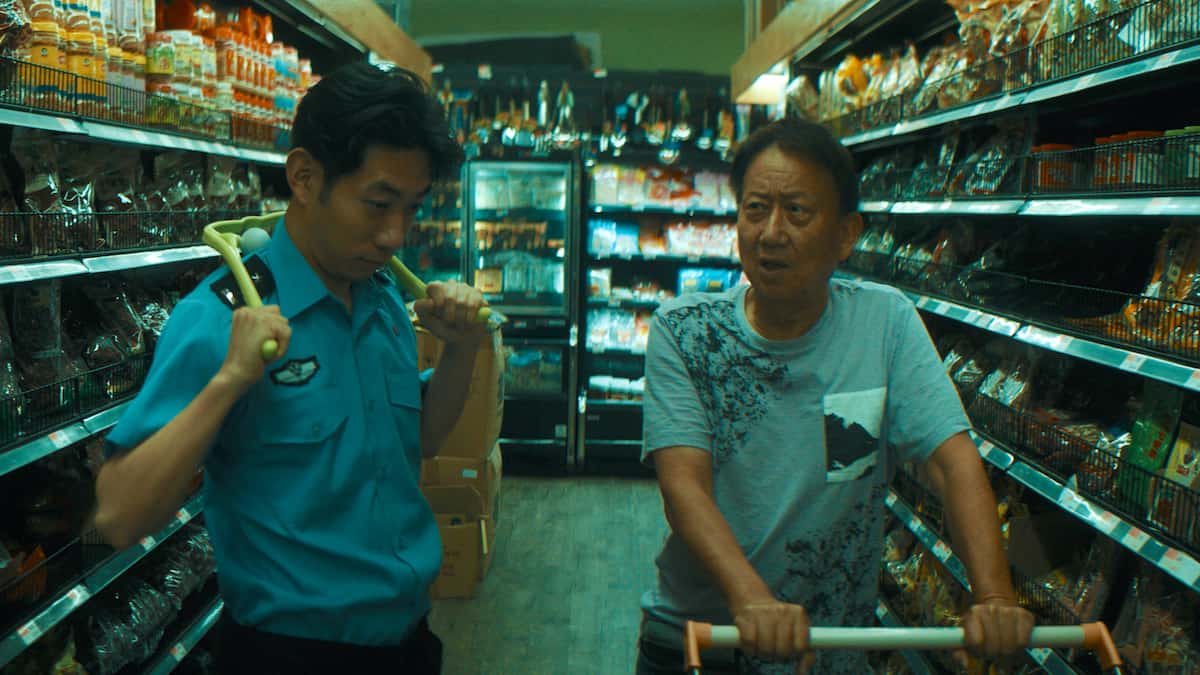
So the dancing scenes were her idea?
Yes, that's the thing. It's like, everything that you watch in it that you feel is so interesting, or weird, is all real. She was a ballroom dancer. And I knew that, and I used to be a breakdancer, and I like shooting dance. So I was like, “Hey, let's put that into film. Because it represents who you are”. And she loved showing off all of her ballroom dancing.
Was there friction between the ex-couple, considering that they are divorced.
They have a very interesting relationship. They call each other, she is his best friend. And they see each other maybe once every few weeks for a meal. It's very strange. And I would say there was no friction. Because Cathy and the family felt like it was very important to make his film with him. I think that making the film with him was part of helping him deal with what happened to him. Going through everything again, with the support of his family helped him get through everything. It was a cathartic healing process for him. So I think Cathy was very on board with doing that. And so were the sons obviously.
So it was actually not difficult to convince the family to work on it together. But working with them obviously had its challenges, because none of them are actors, you know. So for me, as a director, it's a lot of direction.
But the two of them are stars, they may not be actors but are definitely stars.
Yes! There are such good characters. I don't know if you felt the same way, but I thought Jerry's acting was surprisingly good for a non-actor. And he really was able to embody himself through the whole thing. One of the main reasons he asked me to go and meet Jerry was so I could write everything down, because he couldn't believe what he was hearing. And we asked Jerry, “do you remember your conversations with the police?” And he was like, “Yes, I can write it down for you”. And he wrote it down. And when he gave it to us, it was a screenplay. And we were like, “how do you know how to do this?” And he said, “Oh, when I first came to America, in the 70s, I wanted to be a writer and an actor. But I kind of gave up my dream to be an engineer and raise a family”. It was sort of like him, giving up his American dream. And then kind of refining it with this film and making this film.
So in the end, would you say that reality goes beyond imagination? Is that what you get from this film?
Absolutely. I would never have been able to write a script like that. Truth is stranger than fiction. The questions that you're asking me, ” is Cathy,the real wife?” Yes. If I were to cast somebody, I don't think I would have picked her. Because it would have been too unbelievable. Right? These choices that we made are not choices. This is the reality that we're living in. And the things that happen to him are all true but strange, like every phone call with the police was exactly from his memory. All the things that they asked him to do were all real. As crazy as it sounds, it was all real. And like you said, I would never have thought of writing that script, because it's just absurd.
When did this happen?
A year and a half ago. It is very recent. So he got his first phone call from the police in March of 2021.

Would you say he has managed to overcome what happened? Is he ok now?
He is okay now. I'm observing him through this entire process. Even being at the film festival is part of the process. He claims it took him a week to get over this. Because I believe that, and he says this in the film, “we all die eventually”. And when you're dead, nothing matters. So when something terrible happens to you, it's fine. Because eventually, nothing matters. It's like nihilism, existentialism. So when something bad happens, it's okay. Nothing matters. When something good happens. It's okay. Nothing matters too. It is interesting because we premiered the film in Slamdance and he won Best Actor, for a documentary, which is really interesting. He never felt like he could act. He never felt like he was good enough. And this award that he got made him feel that he was good enough to act. And I think that helped him cope with everything. But it's also a very interesting way of looking at life, obviously. But ultimately, and he says this in the film, “Being able to come together with my family and create this good memory is what all of this was for”. And that's how he lives his life now. But we were fortunate to be able to take him and take them with us to the festivals, and enjoy this sort of fruits of your labor after the film.
Would you say that he enjoyed the process, it was not painful for him?
I think because of how he views it, he enjoyed the process. First and foremost, he was able to work with his sons, and how often do you get to do that?. And he was able to reconnect his family, he was able to achieve a dream that he had 30 years ago, 40 years ago that he never was able to achieve. And he was able to learn about the filmmaking process. He was so focused on the details about what happened, very much focused on the truth. And he was very confused by us shooting things not in order. We had to shoot out of chronological order. We had to explain to him that this is not something like a play, that we can edit later. And it'll make sense afterwards.
And he didn't want to watch the film until it premiered. And when it premiered, reacting to the people in the audience and seeing the film, seeing his own story, was very emotional for him. But that's how he wanted to do it. And I think he really enjoyed his time.
Did Slamdance listed it as fiction or documentary?
We were actually selected for both. And I think that the fiction group asked us, and then the documentary group asked us as well. They didn't talk to each other. In the end, they asked us what we wanted to premiere it as. Me and Jonathan had this long conversation whether it is a documentary or fiction. And we ended up choosing documentary. And I think the reason is, I want you, the audience, to sit down knowing this is real, knowing that the people are real. And then, after you sit down, to think in your mind, although this is a documentary, this film goes in a completely wild direction. And it does a lot of interesting things that can surprise you. Most traditional documentaries do not tackle it that way. As a fiction feature, you lose a little bit of that magic. That's why we chose to do documentary. Because there's so many different elements to it.
How much time did you spend shooting and how much editing?
We spent about three months shooting. Actually, the number of days shooting was like a normal fiction feature, like 20-21 days but these happened in the frame of three months. I know a lot of these incredible documentaries at this festival took years to make. We shot in three months and then we edited for 6-9 months.
What is your opinion on American cinema right now?
I think American cinema right now, from a movie perspective, tends to be repetitive. A lot of Hollywood blockbusters are sequels, or based on previous films, or a reboot, or a remake or franchise. And I would love to see more independent, original, completely original, creative films. But that seems to be hard to find its way to the mainstream in American cinema right now. And I know it's very popular in Europe which is great. It's awesome. It feels like American cinema is moving more towards, if you're a blockbuster, you are a blockbuster. And those are the productions that are going to movie theaters. And the indie and art film is only for film lovers and art lovers. So that's how it feels like the medium is moving.
Are there plans for distribution in the US or elsewhere?
We have a sales agent on board, Visit Films, and they've been great so far. And they are seeking distribution in the US and across multiple different countries as well, as we're doing our festival run. So hopefully, at some point. But I guess the question is, is there a place for a movie like this, where does it belong? We are discovering that as we go.
Are you working on any new projects?
I have a couple different projects that I'm working on. One of them is kind of inspired by what happened to Jerry. And it's a docufiction series about different immigrant communities. But other than that, we aren't just documentary filmmakers, we want to do fiction films, as well. And I'm working on a science fiction story about the father-son relationships in Asian American culture, because there's a very specific relationship there. So turning that into a bit of a contained sci-fi thriller, is one of the projects I'm working on, as well as another project about an immigrant couple that moves to America and discovers they're part of a religious cult, which happened to my wife's family, her parents.



